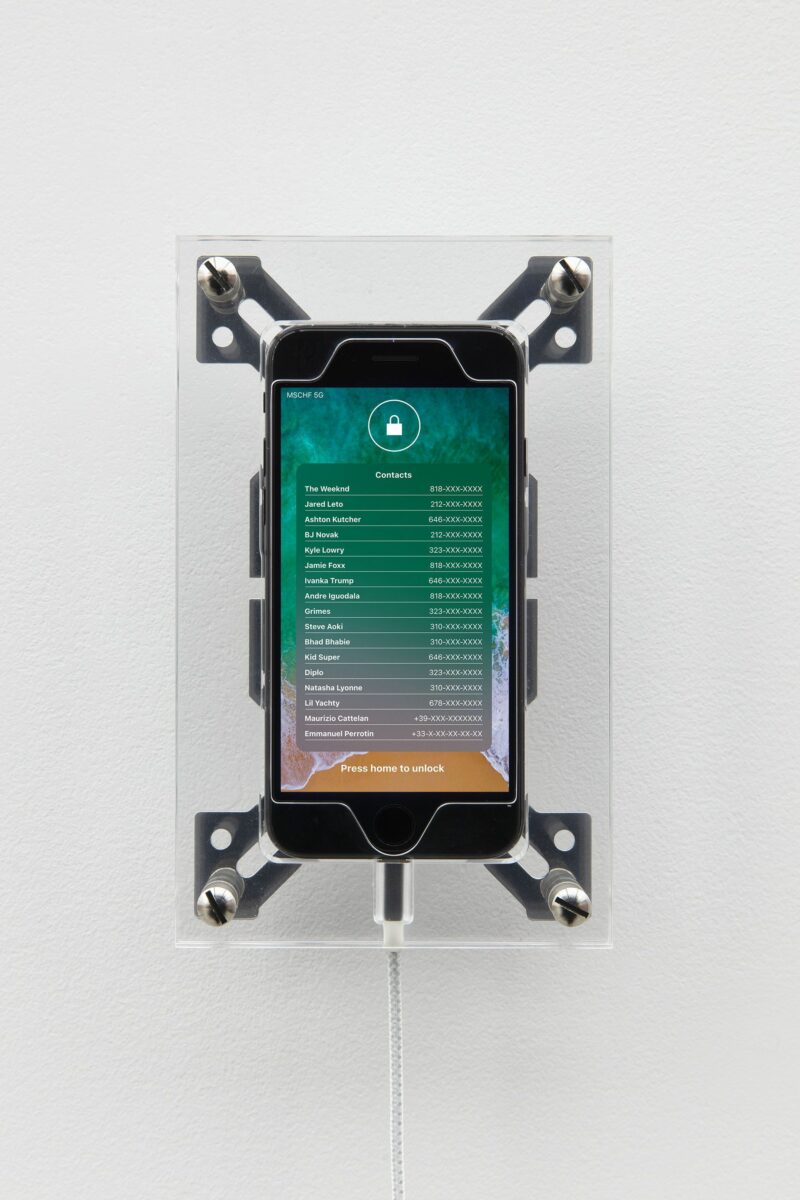
In the quest for a secure and safe home, the significance of robust entry systems cannot be overstated. The changing dynamics of urban living and the rise in property-related crimes in many areas across the United Kingdom underscore the urgency for enhanced home security measures.
Today, homeowners are increasingly recognising the importance of investing in advanced entry systems, not only to deter potential intruders but also to add a layer of convenience to their daily lives. From high-tech smart locks to comprehensive video doorbell systems, the market is replete with options designed to fortify your home against unwelcome visitors.
This article delves into the myriad reasons why incorporating such entry systems is now considered a must-have for any modern household.
The Evolution of Home Security Systems
The history of home security systems is one marked by continuous innovation and adaptation. What started as simple mechanical locks several centuries ago has now evolved into sophisticated digital solutions integrated with the Internet of Things (IoT). This evolution reflects growing security challenges and the technological strides made to counteract them.
The New Frontier: Smart Entry Systems
Smart entry systems represent the cutting edge in home security technology. These systems offer keyless entry, remote access, and real-time alerts, among other features. The convenience of controlling access to your house from anywhere in the world via a mobile app is a game-changer for many.
Convenience Meets Security
One of the primary advantages of smart entry systems is the seamless blend of convenience and security. The ability to grant or revoke access remotely means that homeowners are always in control, greatly reducing the chances of unauthorised entry.
Enhanced Surveillance Capabilities
Many modern entry systems are equipped with cameras and motion sensors, providing real-time surveillance of the home’s entrance. This not only deters potential intruders but also allows for the collection of evidence in case of a break-in.
Customisable Access
The freedom to customise who has access to your home and when significantly enhances security. Temporary codes can be issued to guests or service providers, eliminating the need for spare keys and the associated risks.
Integration with Home Automation Systems
Smart entry systems often integrate seamlessly with broader home automation setups, allowing for scenarios such as lights turning on automatically when the door is unlocked. This integration not only increases convenience but can also act as a deterrent to would-be burglars.
The Importance of Physical Entry Systems
Despite the surge in popularity of smart systems, traditional physical entry systems, such as high-strength locks and reinforced doors, remain indispensable. They serve as the first line of defence against intrusions, making it essential to invest in quality hardware.
High-Strength Locks
A robust lock is arguably the most critical component of a home’s security. High-strength locks, resistant to picking, drilling, and bumping, provide a significant barrier against forced entry.
Reinforced Doors and Frames
A lock is only as secure as the door and frame it is attached to. Reinforcing these elements with metal plates or using solid core doors can drastically improve a home’s security profile.
Biometric Entry Systems: The Future of Security
Biometrics-based entry systems, which use unique physical or behavioural characteristics for identification, are becoming increasingly popular. From fingerprint scanning to facial recognition, these systems offer a high level of security due to their personalised access methods.
Unparalleled Security
The unique nature of biometric identifiers makes these systems incredibly secure, as they are nearly impossible to duplicate or forge.
User-Friendly
Despite their sophisticated technology, biometric systems are designed for simplicity, making them user-friendly and accessible to all members of the household.
The Impact of Local Regulations and Standards
In the UK, home security installations, including entry systems, must comply with certain standards and regulations. It’s crucial for homeowners to ensure that their chosen systems adhere to these requirements, not only for legal compliance but also for optimal effectiveness.
Compliance With British Standards
The British Standards Institution (BSI) outlines specific guidelines for locks and home security systems. Compliance with these guidelines ensures a certain level of quality and reliability.
Data Protection Considerations
Smart and biometric systems often involve the collection and storage of personal data. Homeowners must be mindful of the UK’s data protection laws, ensuring their systems are compliant and that personal data is securely handled.
Conclusion: A Multifaceted Approach to Home Security
The modern landscape of home security is one of diversity and innovation. While smart and biometric entry systems offer unprecedented convenience and control, the importance of robust physical security measures cannot be overlooked. For UK homeowners, integrating these various elements, while adhering to local regulations and standards, provides a comprehensive approach to protecting their homes and loved ones. In an era where security challenges are ever-evolving, these advanced entry systems are not just advantageous—they are essential.



